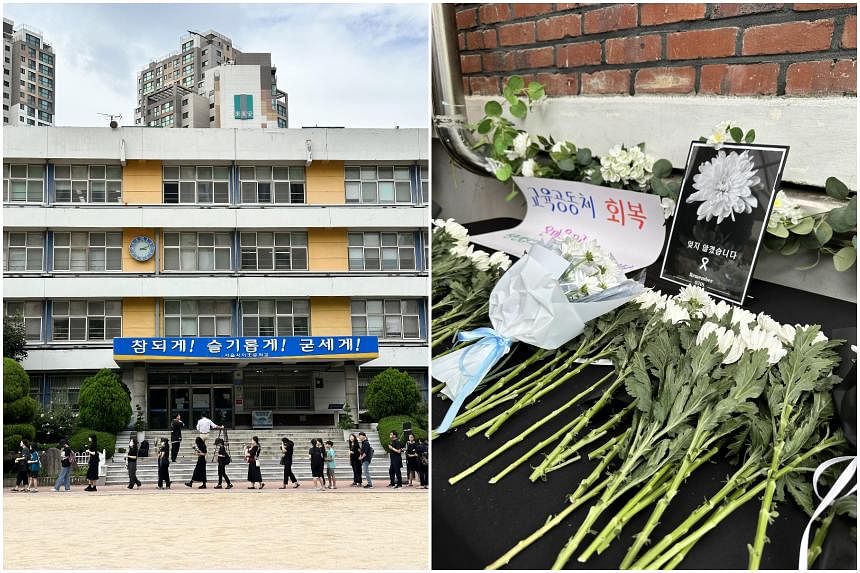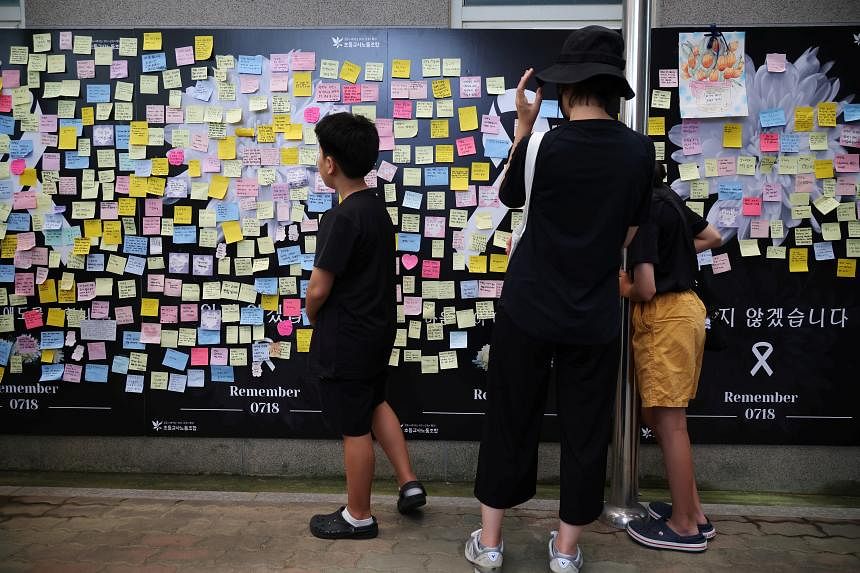SEOUL - Elementary school teacher Kang Hyun-ju, 29, woke up one morning with sudden paralysis, unable to move her body, earlier this year.
After much effort, she managed to grab her phone to call in sick that day. Later that day, her psychiatrist ordered her to take at least six months off work, saying that she was at risk of a major breakdown if she did not rest.
This was not Ms Kang’s first brush with a mental breakdown.
In 2019, just two years into her teaching career, a huge fight among students in her class pushed Ms Kang to the brink, and she started having nightmares every night along with suicidal thoughts.
Ms Kang is among the 26.6 per cent of more than 11,000 teachers surveyed by the Federation of Teachers Labour Unions in April, who said they had received mental health treatment or counselling in the past five years.
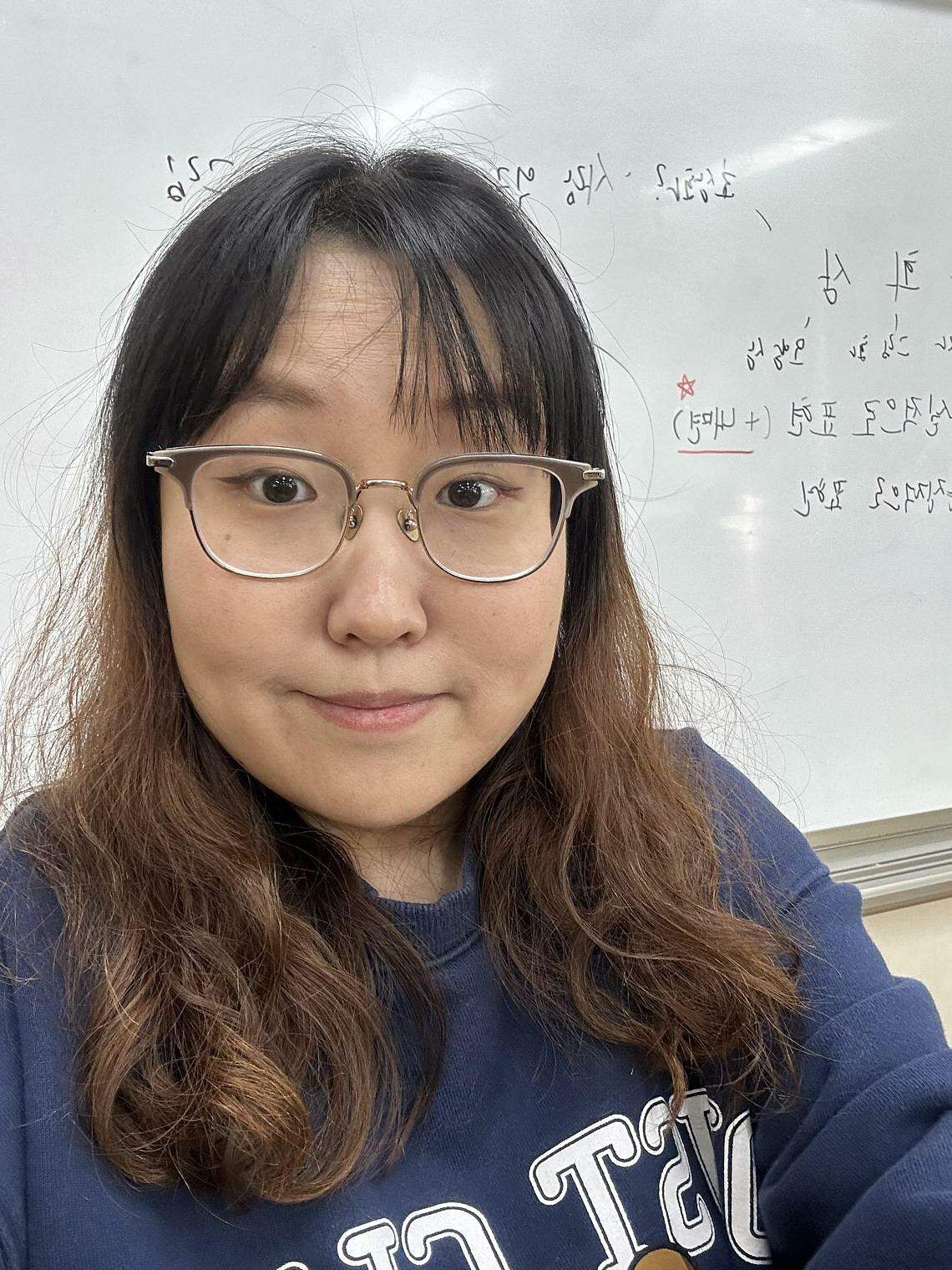
The spotlight was cast on the mental health crisis among South Korean teachers following the death of a 23-year-old teacher by suicide in Seoi Elementary School in Gangnam on July 18, after reportedly suffering months of bullying and pressure from a student’s parent.
Over the last few days, two other teacher suicides have been reported in other parts of South Korea, with both victims leaving letters citing their inability to cope with work pressure and parents’ excessive complaints.
According to government data, about 100 public school teachers took their own lives between 2018 and June 2023, with 11 deaths occurring in the first half of 2023.
“It is a critical situation our schools are facing,” said psychiatrist Kim Hyun-soo, in his address to the 20,000-strong turnout at the National Assembly on Monday afternoon, where teachers and supporters held a memorial to mark the 49th day of the passing of the young teacher.
In July, Dr Kim led the Korean Neuropsychiatric Association in issuing a strongly worded statement calling for an institutional mechanism to be set up to provide support to teachers and protect them from abuse.
Noting a rise in cases of physical and mental violence inflicted on teachers by parents and students in recent years, the association warned of a collapse in the country’s education system “if we continue to emphasise only the human rights of students while neglecting the rights and obligations of teachers”.
The heart of the issue lies with the child welfare law passed in 2014, which broadly states that “doing harm to a child’s health or welfare, or committing physical, mental or sexual violence, or cruel acts” constitutes child abuse. Teachers accused of child abuse are automatically suspended, and the offence is punishable by law.
Teachers say this has skewed teachers’ interactions with both students and parents, as teachers are unable to mete out disciplinary action, even if the situation warrants it, since punishments are seen as a violation of the students’ physical integrity and human dignity.
Teachers unable to defend themselves?
There have been reports of teachers being assaulted by students as they are unable to retaliate or defend themselves.
In July, a third-grade student at a Busan elementary school hit and kicked a female teacher in her face and body. The student was stopped only after other teachers intervened.
The teacher had broken bones and was hospitalised for three weeks.
A special needs teacher wrote in an online forum about a student who would frequently attack her by grabbing her hair and slamming her head against the desk.
The student would also punch her in the face, causing her spectacles to break.
When she complained to the parents, they berated her for wearing spectacles instead of contact lenses, while another parent told her, “you make money because of the kids, so do it right”.
Special needs teacher Joy Baek told The Straits Times that she feels that she could have been the teacher who killed herself.
“It’s just that I’m a little bit luckier than that teacher that I’m still alive. I was just a little bit luckier and met less tough students, less tough parents and less tough principals. If I meet tougher students, tougher parents and tougher principals next year, I don’t know what will happen to me.”
Once, a student had hit her with a water bottle. Another time, a parent barged into her class and screamed at her while trying to hit her.
On online community platform Indischool, more than 2,000 stories have been shared by teachers in just three days. One of the serious cases involved a parent who reportedly turned up at a school armed with an axe after his fourth-grader son was punished for threatening a schoolmate with a box cutter.
Madam Won Ji-young, who has 26 years of teaching experience, saw first-hand the suffering of a close colleague who was accused of child abuse by the parent of a disruptive child. The teacher was acquitted only after a court process that stretched over 2½ years.
The child’s parent had hid a recorder in his clothes, and spliced together recordings of the teacher scolding the child. The parent lodged the complaint a day after arranging for the child’s transfer to another school.
Madam Won teared up as she spoke about the stressful ordeal her colleague went through.
“It is not so much about the money she had to spend on legal fees, or the lack of support from the school or Education Ministry, it is about the teacher’s mental health. Just think about the stress of having to go on trial over a baseless claim, when all you wanted to do was to teach children whom you love.”
She told ST that the situation was never as dire as after the law change, and fears she might have to quit her job one day just to protect her sanity.
“I can handle having a disruptive student in my class, but I do not think I can handle unreasonable parents. If I do quit teaching, it would be only because I want to protect my sanity.
“But teachers quitting will not resolve the issue: We need the laws to be changed.”
Rallies, walkouts by teachers
The demand for change has seen teachers like her gathering in Seoul for the past seven Saturdays.
Last Saturday, some 200,000 teachers poured into the eight-lane boulevard in front of the National Assembly, in what is said to be the largest-ever gathering of teachers in South Korea. The teachers had come from all over the country on buses and even two planes from Jeju.
The rallies were a ground-up effort by members of the Indischool community formed by elementary school teachers throughout South Korea.
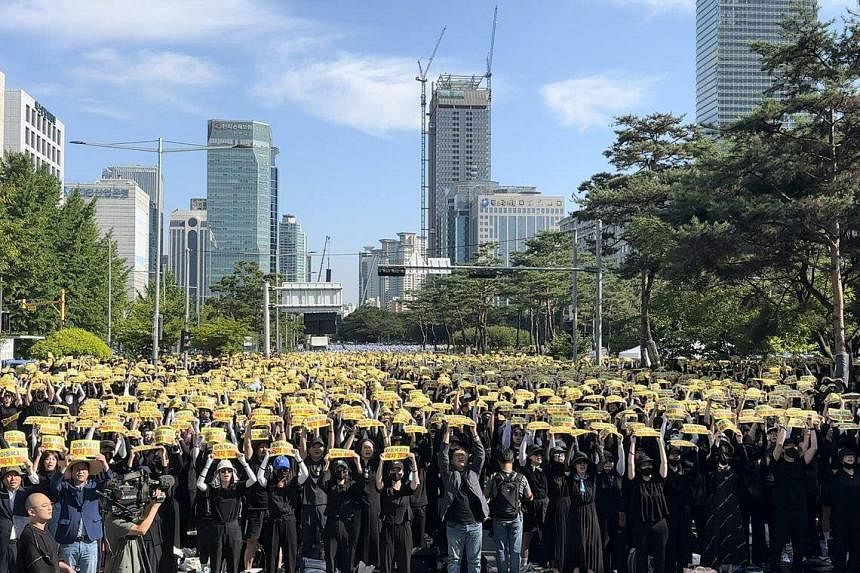
For the past few weeks, they have been organising chat groups to discuss logistics for the weekly rallies, running specially set-up social media channels to publicise activities, and also raising donations for bus ads and subway ads to spread awareness of teachers’ plight.
Beyond the calls for revisions to the child welfare and abuse laws, and to punish parents who file malicious and unfounded complaints, the teachers are also demanding that the Ministry of Education do more to protect their rights.
In response to the growing demands for change, Deputy Prime Minister and Minister of Education Lee Ju-ho adopted a softer stance towards a separate group of teachers who staged a walkout on Sept 4. Mr Lee had earlier threatened teachers planning to take leave for the walkout, saying it would “constitute an illegal strike”.
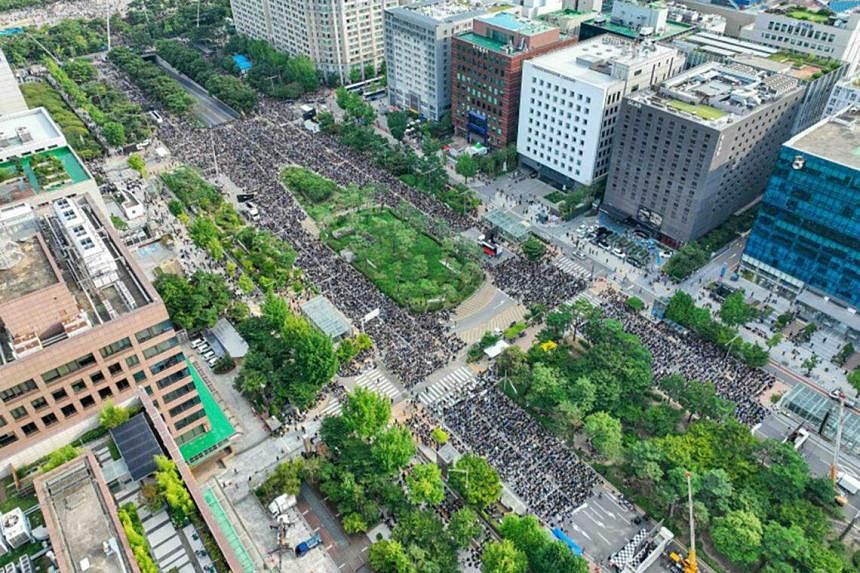
On Sunday, he wrote a heartfelt public plea to the teachers, assuring them that his ministry “is in no way different from teachers in its desire to restore teachers’ lost authority”, while gently urging teachers to refrain from collective action.
At a memorial service on Monday for the Seoi Elementary school teacher who died by suicide, Mr Lee promised to “listen closely to the voices of teachers in the field”.
“We have learnt how big and deep the wounds our teachers have suffered and how great a crisis our schools and classrooms are facing,” he said.
The ministry has since announced it will push for legislative Bills to amend the child welfare and abuse laws, and for malicious complaints against teachers to be criminally prosecuted.
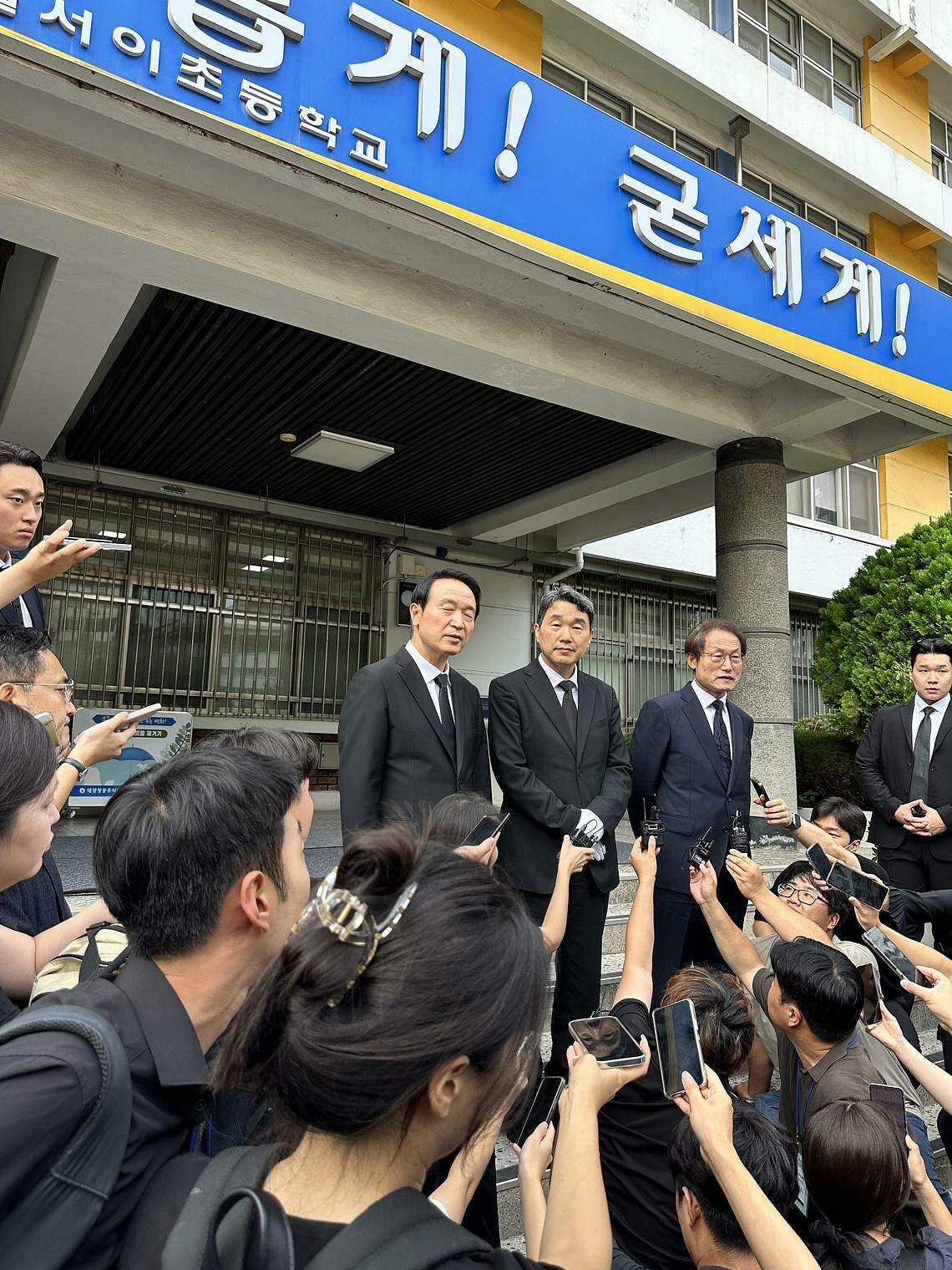
It also pledged a review of teachers’ rights every five years, to be tabled to the National Assembly.
But to both Madam Won and Ms Kang, the changes announced are still too little, and may be too late.
Madam Won said: “What the ministry is proposing are just guidelines and legislative Bills. These are still of lower precedence than the child welfare and abuse laws.”
Ms Kang, who is currently on a leave of absence for medical reasons and is mulling over a resignation, said: “For the sake of passionate teachers who still want to protect children who are innocent, it is crucial that the child abuse law is amended immediately to allow for separation from students exhibiting problematic behaviour.”
